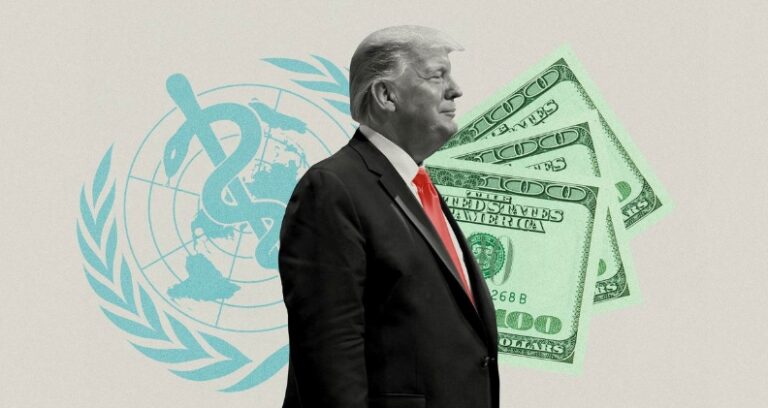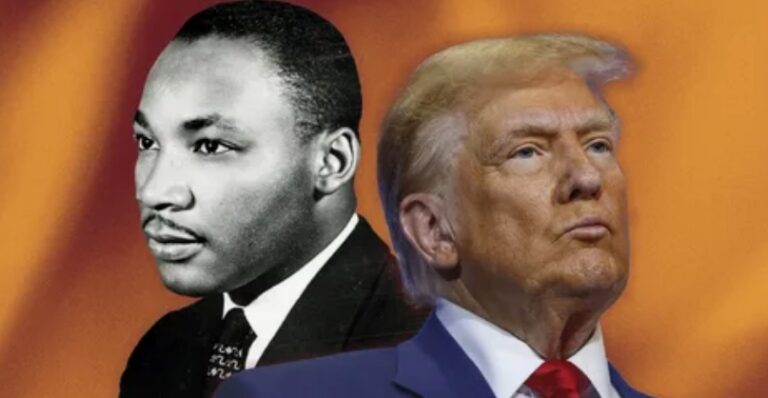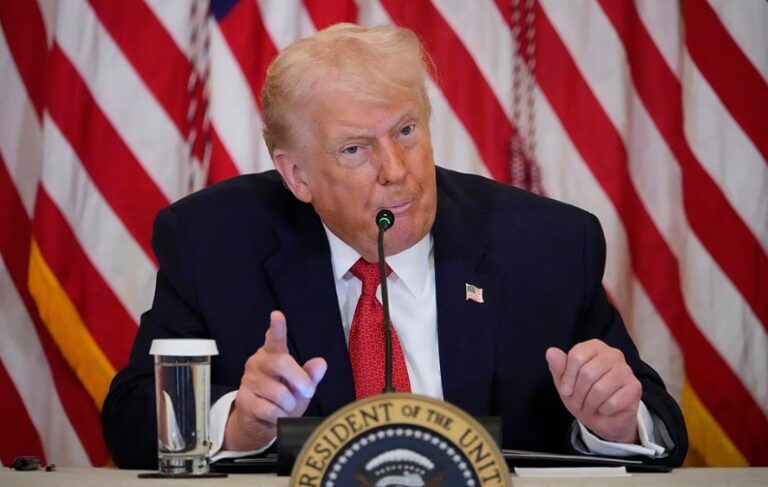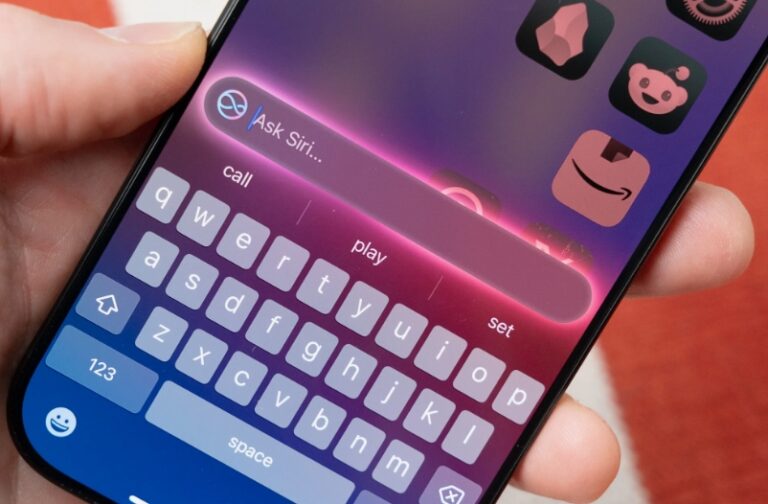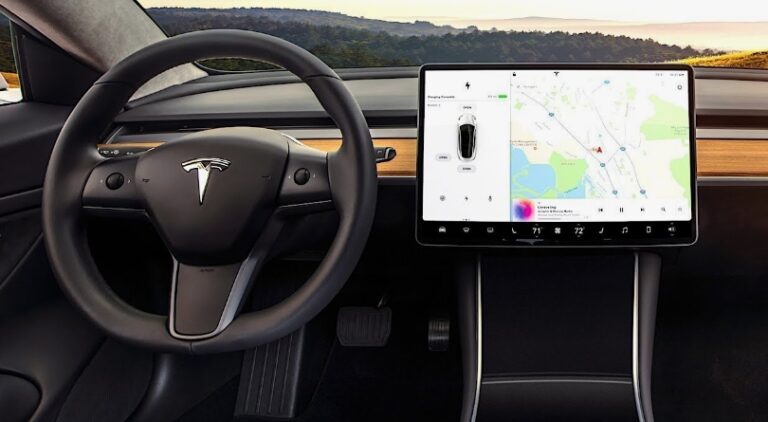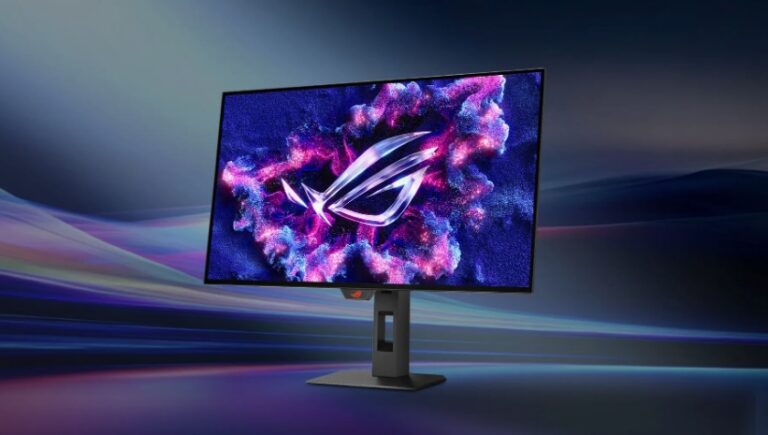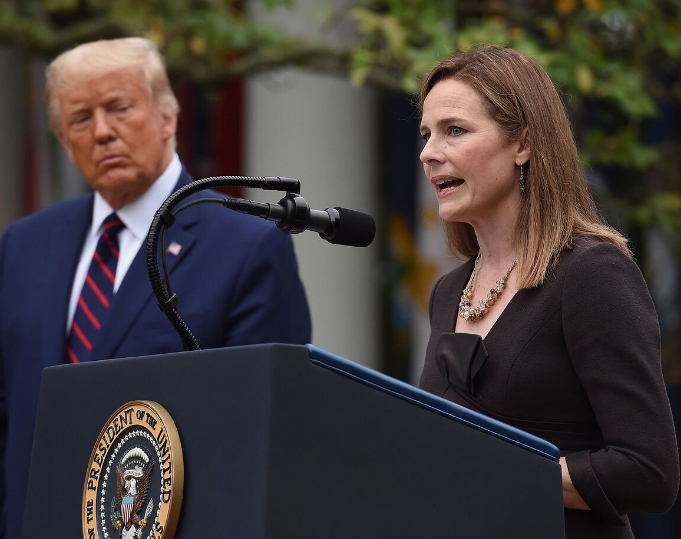
Amy Coney Barrett says ‘I’m nobody’s justice.’ That includes Trump – When Amy Coney Barrett was nominated to the U.S. Supreme Court five years ago, her admirers assumed and her critics feared she would be a solid vote for President Donald Trump. But in an interview with USA TODAY, Barrett declared: “I’m nobody’s justice.” Indeed, she has been more independent than either group believed at initially, and is now seen as an infrequent swing vote on a solidly conservative court.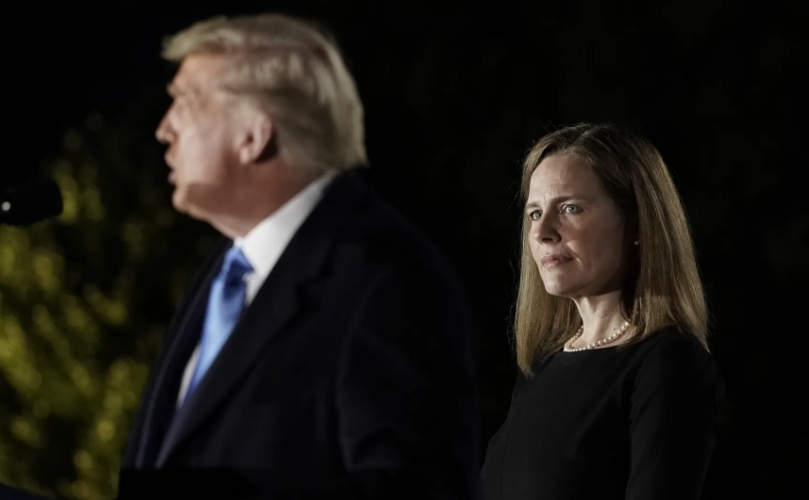
That has astonished some observers and enraged Trump’s MAGA base. What would she do if Trump called her? “I could question if he had the wrong number,” Barrett remarked with a giggle In a wide-ranging, hour-long conversation about her new book, “Listening to the Law,” being released Sept. 9 by Sentinel, Barrett explored how she viewed her duty, how being a working mother helped her better comprehend some cases, and why she stepped up the fire on one of her liberal colleagues.
Barrett said her role is to ‘listen to the law’
One of the former Notre Dame Law School professor’s key goals in authoring her book was to persuade Americans that the justices don’t reach their decisions based on personal preference or politics — partisan or otherwise.
That might be a tough sell.
In a 2024 USA TODAY/Ipsos Poll, substantially more respondents thought the court resolved issues based on ideology, not the law. The public’s perception of the court remains close to a three-decade low, according to a Pew Research Center survey released Sept. 3. And occasionally that criticism is coming from within the court. No rule that the Trump administration always wins Justice Ketanji Brown Jackson, one of Barrett’s three liberal colleagues, recently observed that the court seemed to have a rule: “this Administration always wins.”
Barrett disagrees.
“I don’t think it’s true,” she replied, adding the court doesn’t make decisions the way she might manage her children’s conflicts – “OK, well, I’m going to try to even things out and you’ll win some and you’ll lose some.” The figures, however, would show Jackson has a point about Trump’s success. Among the two dozen emergency appeals the administration has taken to the justices when lower courts halted the president’s actions, nearly all have gone his way.
But Barrett noted that while the spotlight is obviously on Trump because he’s the current president, the judgments she’s making are not about one individual. “It’s about the presidency,” she remarked. “And so the decisions that we make about executive power today are the same ones that will still be precedent three or four presidents from now.” There’s a mismatch, she said, “between what the public expects and what the court’s doing because we’re looking at the long haul … but we all live in the current moment.”
First and only mother of school-age children on the court. At 53, Barrett is now the youngest member of the court and could be there well into the future. She’s also the first and only mother of school-age children to serve on the Supreme Court. “It doesn’t matter in terms of the law,” Barrett said regarding helping in her son’s special ed classroom or battling with child care while making significant decisions for the country, “because I think the law is law whether you’re a mother or not, or a man or a woman.”
Being the mother of seven was handy, however, when the court debated in January whether there were practical alternatives to age verification regulations for pornographic websites. “Well, whoa, whoa, whoa,” Barrett replied to the attorney representing the adult entertainment industry, who suggested parents could simply restrict or filter content from websites that adults have a First Amendment right to access. Amy Coney Barrett says ‘I’m nobody’s justice.’ That includes Trump
“Content filtering for all those devices, I can say from personal experience, is difficult to keep up with,” she told the lawyer. Barrett on special needs parenting: ‘it does something to your degree of compassion, and just how you perceive people’ Barrett told USA TODAY she felt she understood what questions to ask in the same way that Justice Sonia Sotomayor might dip into her expertise as a trial judge for particular cases. Amy Coney Barrett says ‘I’m nobody’s justice.’ That includes Trump
When the court heard a dispute involving the specialized plans needed by the nation’s education statute for children with disabilities, Barrett already understood what an IEP (individualized education program) is because her youngest kid has Down syndrome.
“I do feel really grounded and connected to the lives of actual people and the lives of individuals who have a wide range of experiences that are very different from the lawyers, for example, who practice before us. So I think that gives me insight on individuals,” she remarked. “I think most parents of children with special needs would tell you that it does something to your level of compassion and just how you perceive people.” Amy Coney Barrett says ‘I’m nobody’s justice.’ That includes Trump

